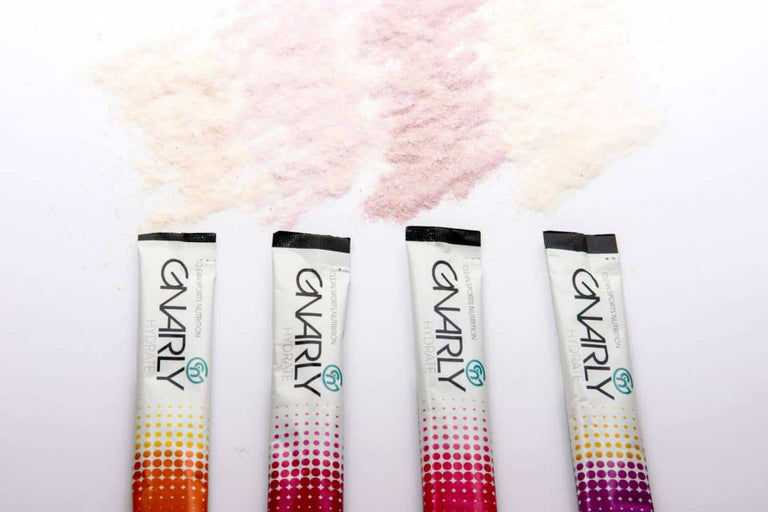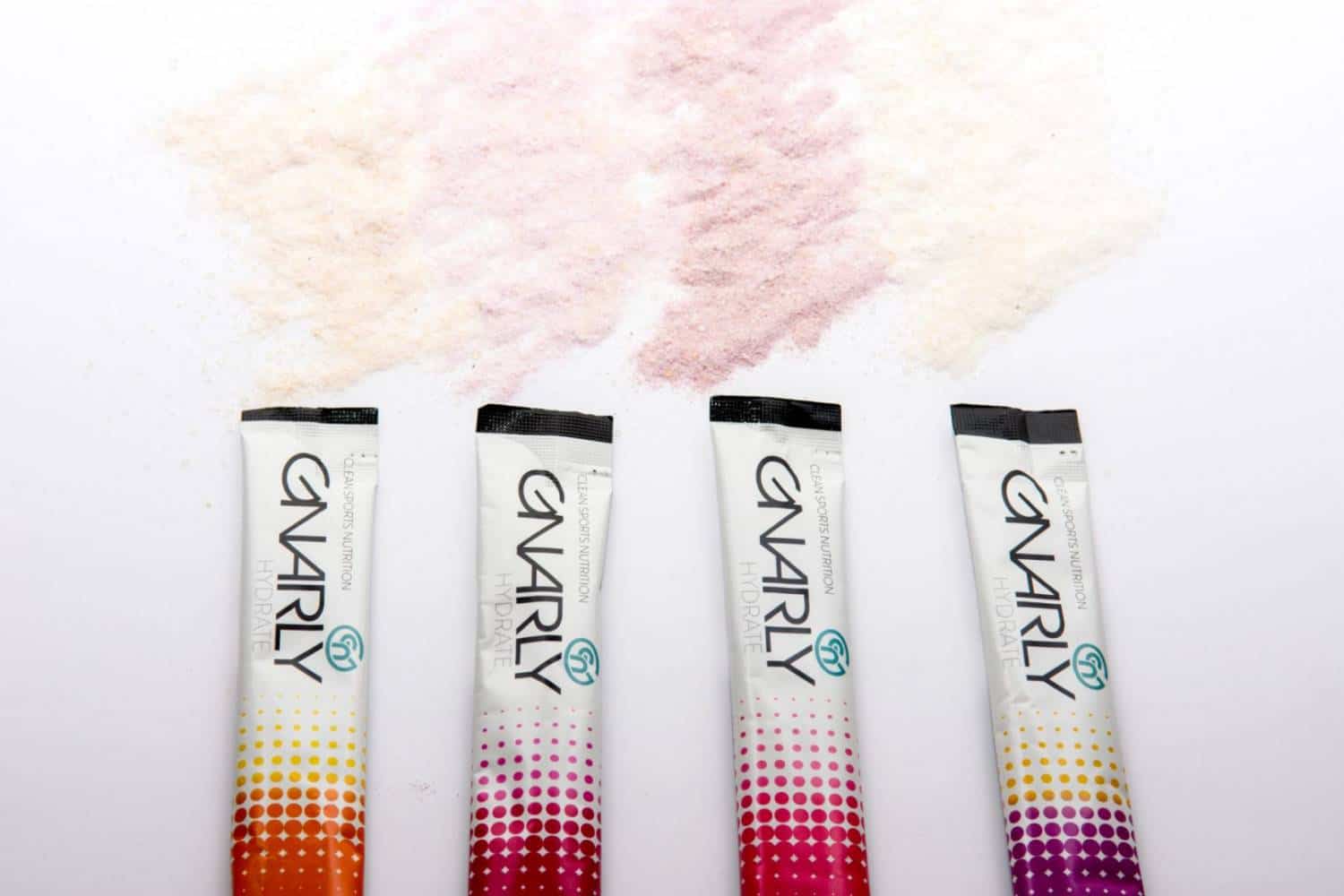You’re trying to eat healthy, we know that. And, on your quest to clean up your diet, you’ve likely made an effort to limit the amount of added sugar you take in on a daily basis. Good job!
But, often, in their effort to banish sugar from their diet, people turn to artificial sweeteners as a substitute. Which, on paper, actually makes a lot of sense. Generally, these substances contain few, if any calories, and therefore should not have much of an effect on your body. The reality, though, is that they do in fact have a fairly substantial impact on your health – usually in pretty unexpected ways.
Obesity and Metabolism
Let’s just start by saying this: Your body is extremely complicated. Things very rarely happen in a vacuum within your body. Instead, a whole network of reactions is triggered just about every time you… do anything, really. But experts are only just beginning to understand the true complexity of our bodies and, for this reason, were unable to predict many of the effects of artificial sweeteners.
How, for example, could a calorie-free ingredient possibly cause obesity? Or how could it cause diabetes if it has no impact on glucose levels? Unfortunately, it seems as though artificial sweeteners do exactly that. By triggering rapid changes in the shape and behavior of the microorganisms that inhabit our digestive systems, artificial sweeteners have been shown to lead to both obesity and diabetes.
Along the way, these changes can also increase the risk of plenty of other related conditions including heart disease, stroke and decreased immune function.
Artificial sweeteners also work against us in another way. Your brain loves sweets and, whenever it senses that particular taste, in sends out chemicals that make you crave more. Usually, your stomach will let your brain know that you’ve taken in enough calories and make you feel full. But artificial sweeteners start these cravings without providing any calories to stop the cycle. These substitutes, then, drive you to eat more sweet food and drink than you otherwise might.
Cancer
Perhaps the most controversy about artificial sweeteners revolves around their potential carcinogenic effects. Early animal studies rang tons of alarms by showing a drastic increase in tumor growth. Human studies, however, have been unreliable – ultimately leading the Food and Drug Administration to proclaim these substances as safe for human consumption.
But that’s a choice you have to make. Given the other potential side effects we just discussed – and what they do to mice and rats – do you want to have those substances in your own body?
Natural Options
Fortunately, there are plenty of natural sugar alternatives available to you. Generally, these are extracts from various plants and are sometimes much sweeter than sugar, meaning that you can use less to get the same flavor.
Usually, these sweeteners have a much lower glycemic index than standard table sugar – meaning that they have less of an impact on your blood sugar. Ultimately, this translates to fewer cravings, a healthier metabolism and higher energy levels.
Because of all of the above, Gnarly is proud to say that our products use only natural sweeteners. You’ll never find any of that artificial stuff in our tubs.



